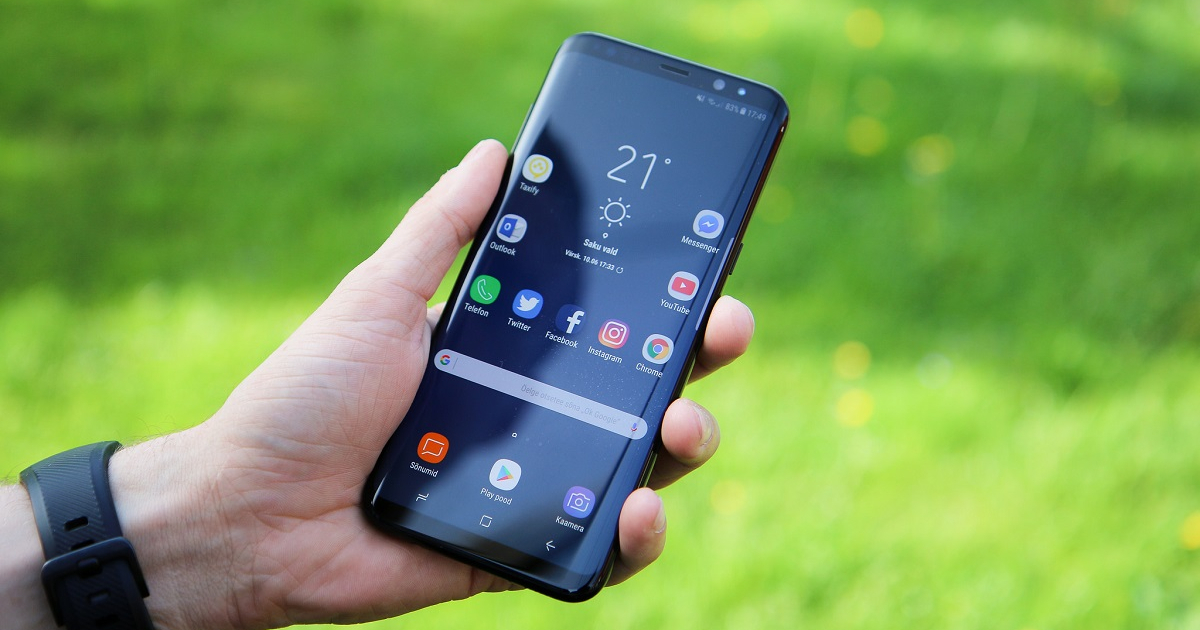The Miami division of the Federal Bureau of Investigations (FBI) has issued a fresh warning about a surge in identity impersonation scams affecting individuals in southern Florida. According to the FBI, these criminals are increasingly resorting to sophisticated methods, posing as federal agents to deceive and steal from citizens.
These scams have become more prevalent in recent months, typically involving phone calls where perpetrators impersonate officials from legitimate institutions, employing high-pressure tactics to confuse their targets. During these interactions, scammers attempt to coax individuals into sending money or divulging sensitive information under the guise of assisting in an investigation related to banks or even national security concerns.
However, the FBI emphasizes that government agencies do not directly request financial cooperation in this manner. "These calls are scams, and recipients should hang up immediately. Federal agencies do not call or email people threatening them to send money or to use their personal funds as bait for a federal investigation," the FBI stated in a press release on Thursday.
The agency highlighted that scammers use advanced spoofing techniques to make their calls appear legitimate. Often, caller IDs may display the name of a real federal agency or even a number seemingly originating from Washington, D.C., which creates a false sense of security, leading some victims to make hasty decisions.
"Criminals use law enforcement impersonation scams to bewilder and mislead their potential victims," explained Special Agent Supervisor Michael Brown to Local 10. "If you receive such a call, hang up and report the incident to the FBI's Internet Crime Complaint Center," he added.
Last year, Florida residents reported over 1,500 identity impersonation incidents, resulting in estimated losses exceeding 12 million dollars, according to official data. The victims, often elderly or those unfamiliar with phone scams, are pressured into acting quickly without ample time to verify the request's legitimacy.
Besides phone calls, scammers might also exploit email or text messages to extract money or personal information. Individuals are always advised against providing banking details, passwords, or personal information to unknown callers or online sources.
The FBI urges the public to exercise caution with any call or message from unrecognized numbers. The advice is straightforward: never send money or share personal information with unverified individuals. If someone suspects they have fallen victim to a scam, they can report it via the Internet Crime Complaint Center (IC3) at ic3.gov.
Understanding Identity Impersonation Scams
What are identity impersonation scams?
Identity impersonation scams involve criminals pretending to be officials from legitimate organizations to deceive individuals into sending money or sharing personal information.
How can I protect myself from these scams?
To protect yourself, never provide personal or financial information over the phone or online to unverified sources. Always verify the identity of the caller or sender before taking any action.
What should I do if I receive a suspicious call?
If you receive a suspicious call, hang up immediately and report the incident to the FBI's Internet Crime Complaint Center at ic3.gov.
